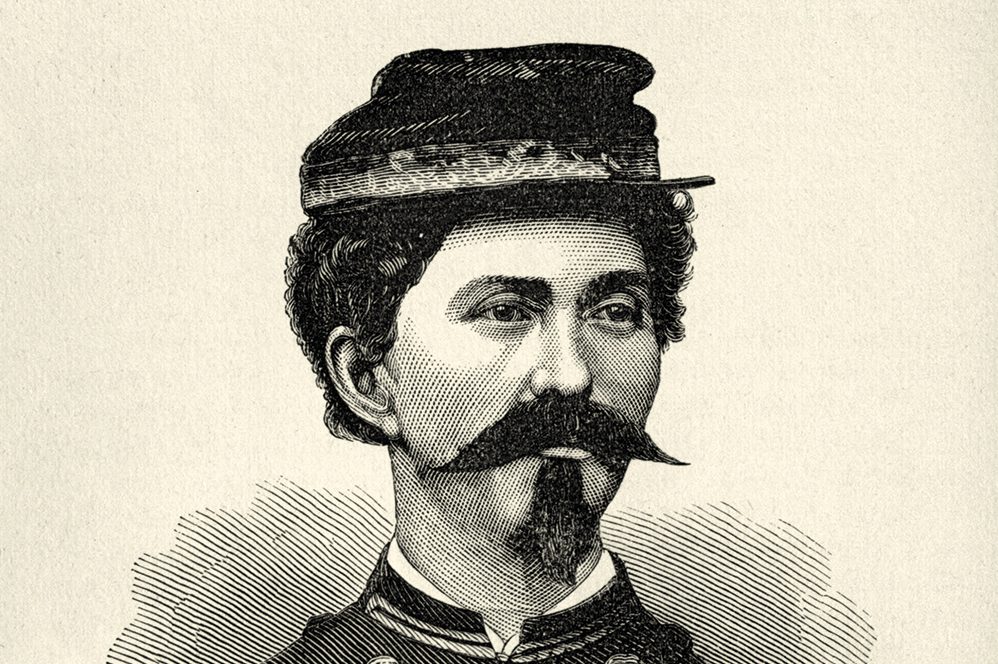There was a time when Elizabeth Strout’s fans had to wait a few years for the next book; but Tell Me Everything follows fast on her two previous novels — part of what she has termed a “marathon” of writing in her sixties. It has been an extraordinary creative flowering: a diverting pleasure for admirers of her psychological perceptiveness and her ability to transport us instantly to Crosby, her fictional town in contemporary Maine.
Strout once described her characters as rolls of fabric, with her novels as her patterns to cut out. Much material is used in each novel, yet there is a lot of spare, too. It’s the fullness of these characters and their inner lives that give her work its depth. No character is underwritten or a flimsy cameo — men and women at the center of earlier books are on the periphery of this one, but as fully realized as those who take center stage. Their rich inner lives allow them to be a part of the world beyond Crosby.
The Booker-nominated Lucy by the Sea (2022), in which the writer Lucy Barton and her ex-husband isolated together, took stock of the pandemic with startling power, almost as it unfolded. It was something that convincingly happened to the characters in the same way as it happened for us. The pandemic’s aftershocks are still felt intensely in the latest book. Here, political division and tension are evident, as though Crosby, with its spectacular foliage and brutal winters, were a small town that you can’t quite find on the map.
Though Strout has been prolific in the past decade, the episodic style of her writing was formed much earlier in her career, when she juggled life as a mother and teacher. Her novels have always collected effective scenes, but here she has gathered all of her favorite characters. There’s Olive Kitteridge (who won Strout the Pulitzer prize when she introduced the world to this monumentally difficult woman in 2008); the lawyers Jim and Bob, the tragic siblings of her bestselling The Burgess Boys; and my favorite, Lucy Barton, whose imagination and empathy have catapulted her to fame in New York, and to a life beyond her anxieties and traumatic childhood. It’s Lucy’s fascination with “unrecorded lives” — the ordinarily tough life, perhaps, she might have had were she not a confessional writer — that is at the heart of this book, and of Strout’s whole fictional project.
The phrase is almost an echo of George Eliot, whose Middlemarch: A Study of Provincial Life could also be a series of interconnected novellas. In her depiction of a small town and its men and women, Eliot insisted that their lives mattered:
The growing good of the world is partly dependent on unhistoric acts, and that things are not so ill with you and me as they might have been is half owing to the number who lived faithfully a hidden life and rest in unvisited tombs.
Strout’s view of America, and the world at large, is not nearly as optimistic. Bob Burgess, Lucy’s friend (and almost more in this novel’s painful love story), believes that the bigger picture is bleak:
When Bob thought about the state of the country these days, he sometimes had the image of a huge tractor trailer rumbling down the highway and the wheels, one by one, falling off.
Yet Strout’s characters seem to offer great solace. They have a resilience, despite the difficult situations in which they find themselves, or in which they’ve been brought up. Lucy has a capacity for understanding which is in itself a cause for optimism, and always a reason to read and re-read Strout’s books.
This article was originally published in The Spectator’s UK magazine. Subscribe to the World edition here.


























Leave a Reply